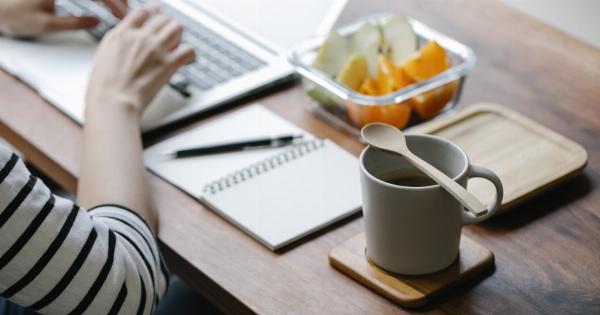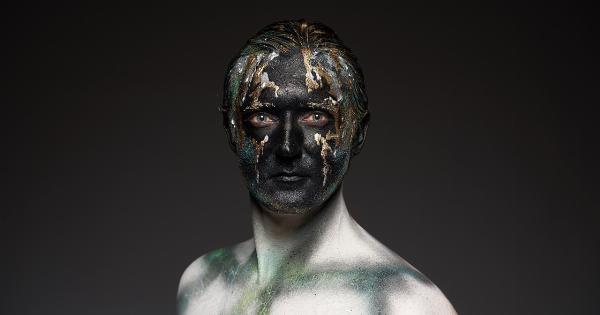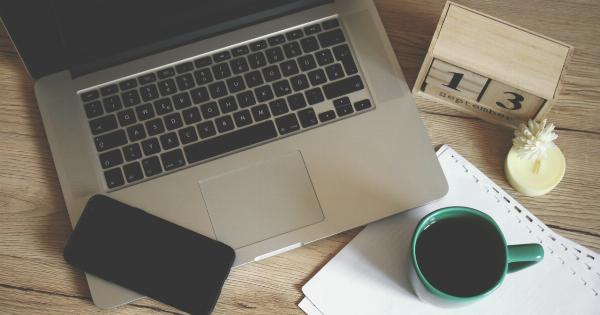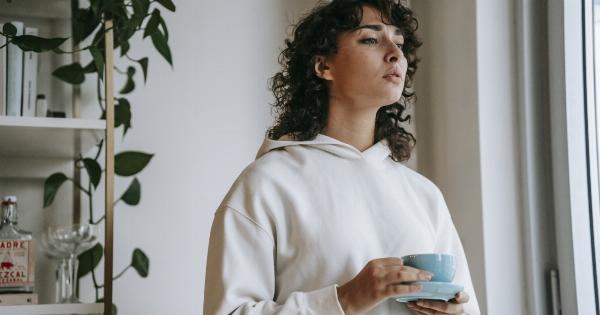Coffee is one of the most popular beverages in the world. Many people rely on it to kick-start their day or provide a much-needed energy boost throughout the day.
But when is the best time to have your coffee? Does it really matter what time you drink it? In this article, we will explore the optimal times to have your coffee and the factors you should consider when determining the right time for you.
The Science behind Caffeine
Before we delve into the best time to have your coffee, let’s understand how caffeine, the primary stimulant found in coffee, works. When you consume coffee, it enters your bloodstream and travels to your brain.
There, it blocks the neurotransmitter called adenosine, which promotes relaxation and sleepiness. Instead, caffeine stimulates the release of dopamine and norepinephrine, increasing alertness and boosting energy levels.
Morning Coffee
For many people, starting their day with a cup of coffee is a morning ritual. The caffeine in coffee can help you wake up, increase focus, and improve productivity.
Drinking coffee shortly after waking up is beneficial as cortisol, a hormone that helps you wake up, is naturally high in the morning. However, it’s important to keep in mind that cortisol levels vary between individuals, so you should listen to your body and adjust accordingly.
Coffee and Cortisol
Cortisol levels typically peak between 8 a.m. and 9 a.m., so having your coffee within this timeframe can help you maximize its effectiveness.
Cortisol also has a role in regulating your body’s response to stress, and caffeine consumption can influence cortisol production. If you’re particularly sensitive to caffeine or experience high stress levels, you may consider delaying your morning coffee to avoid potential jitters or anxiety.
Mid-morning Pick-me-up
As the morning progresses, you may start to experience a dip in energy levels. This is a common time for many individuals to reach for a second cup of coffee. Around 10 a.m.
to 11 a.m., cortisol levels typically decrease, which means the effects of caffeine will be even more noticeable. However, it’s important not to rely solely on caffeine to combat fatigue. Taking regular breaks, stretching, and staying hydrated can also help in boosting energy levels.
Avoiding Afternoon Slump
After lunch, it’s not uncommon to feel a natural dip in energy levels, commonly referred to as the afternoon slump. While reaching for a cup of coffee might be tempting, it’s essential to consider the potential impact on your sleep quality.
It takes around 6 hours for your body to eliminate half of the caffeine you consumed, so drinking coffee in the afternoon may interfere with your sleep if you are sensitive to its effects. If you must have coffee in the afternoon, try to have it before 2 p.m. to allow enough time for the caffeine to metabolize.
Decaffeinated Coffee
If you enjoy the taste of coffee but are sensitive to caffeine or want to avoid potential sleep disturbances, opting for decaffeinated coffee is a viable option.
Decaffeinated coffee has undergone a process to remove most of the caffeine, allowing you to enjoy the flavor without the stimulating effects. However, it’s worth noting that small amounts of caffeine still remain in decaffeinated coffee, so individuals who are extremely sensitive to caffeine may still need to exercise caution.
Coffee and Your Sleep
The timing of your last cup of coffee can significantly impact your sleep quality. Caffeine can stay in your system for several hours and can cause difficulties falling asleep or fragmented sleep if consumed too close to bedtime.
It is generally recommended to avoid caffeine at least 6 hours before bed. Everyone’s sensitivity to caffeine differs, so you may need to experiment to find the cut-off point that works best for you.
Factors to Consider
While understanding the science and optimal timings for coffee consumption is important, it’s crucial to consider individual factors that can influence the effects of caffeine on your body. Here are some factors to keep in mind:.
1. Sleep Patterns
If you are a morning person who goes to bed early, you may be more sensitive to the effects of caffeine in the evening. Adjust your consumption accordingly to ensure it doesn’t disrupt your sleep.
2. Metabolism
Metabolism varies from person to person. Some individuals metabolize caffeine quickly, while others take longer.
The speed at which your body processes caffeine can influence how long its effects last and when it is safe to consume your last cup of coffee.
3. Overall Health
Individuals with certain health conditions or taking specific medications may need to limit their caffeine intake or avoid it altogether. If you have any concerns or questions, it is always advisable to consult with your healthcare professional.
4. Personal Preference
Ultimately, the best time to have your coffee is the time that aligns with your personal preferences and lifestyle.
If you enjoy a cup of coffee in the evening and it doesn’t disturb your sleep or cause any adverse effects, there’s no need to strictly adhere to conventional guidelines.
Conclusion
In conclusion, the optimal time to have your coffee depends on various factors, including your individual sensitivity to caffeine and lifestyle preferences.
However, drinking coffee in the morning or early afternoon is generally advised to ensure it doesn’t interfere with your sleep. By understanding the effects of caffeine and considering personal factors, you can determine the best time for you to enjoy your favorite cup of coffee.































